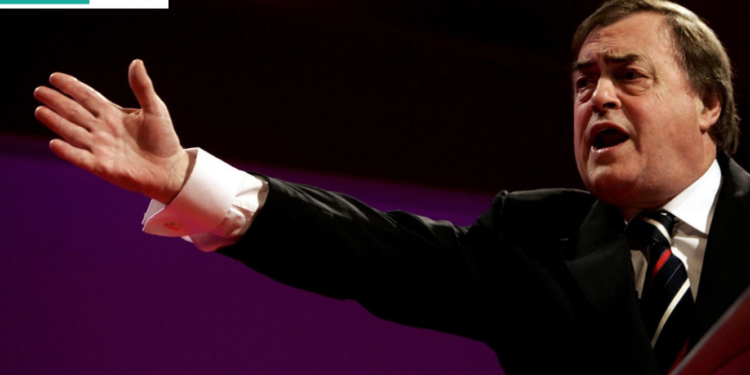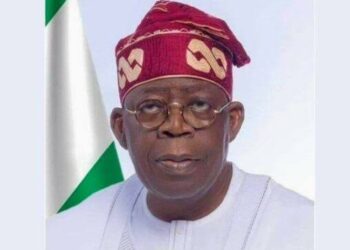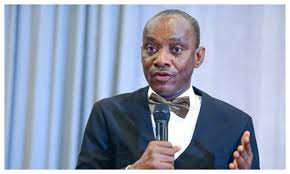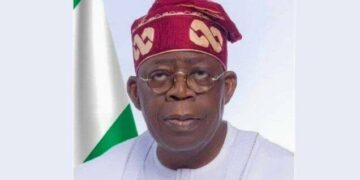John Prescott, the former Deputy Prime Minister of the United Kingdom who served under Tony Blair and played a significant role in transforming the Labour Party, has passed away at the age of 86. His family announced the news on Thursday, revealing that Prescott died peacefully in a care home surrounded by family and the jazz music of Marian Montgomery.
Prescott was a towering figure in British politics, serving as a Member of Parliament for Hull in northern England for four decades. A former merchant seaman and trade union activist, Prescott embodied the working-class values he championed throughout his political career. He was instrumental in bridging the gap between Labour’s traditional base and Tony Blair’s modernization agenda, which moved the party to the political center.
Tony Blair, who appointed Prescott as his deputy to maintain balance within the party, expressed deep sorrow at his passing. “There was no one quite like him in British politics,” Blair said. “His passion, commitment, and unflinching loyalty defined him.” Blair noted that Prescott’s ability to connect with working-class voters was invaluable to Labour’s success during their years in power.
Current Labour leader and Prime Minister Keir Starmer paid tribute to Prescott as a “true giant of the Labour movement.” Starmer highlighted his contributions as a staunch defender of working people and a proud trade unionist. “During a decade as Deputy Prime Minister, he was one of the key architects of a Labour government that transformed the lives of millions of people across the nation,” Starmer said. He also praised Prescott’s work in leading climate negotiations and addressing regional inequality, noting that his legacy would endure for generations.
Prescott served as Deputy Prime Minister for 10 years following Labour’s landslide victory in the 1997 general election. His tenure was marked by his role as a mediator between Blair and Gordon Brown, the Chancellor of the Exchequer, who was another key figure in Labour’s transformation during the 1990s.
Prescott was known for his fiery temperament and dedication, traits that endeared him to supporters and defined his political career. One memorable incident occurred during the 2001 general election campaign when Prescott punched a protester who had thrown an egg at him during a campaign stop in North Wales.
Later in life, Prescott was elevated to the House of Lords, but health challenges, including a stroke in 2019 and a diagnosis of Alzheimer’s, led him to step away from public life. He formally ceased being a member of the upper chamber of Parliament in July 2023 due to his declining health.
Throughout his career, Prescott was celebrated as a voice for the working class and a staunch advocate for social justice. From his efforts to combat climate change to his focus on reducing regional inequalities, he left an indelible mark on British politics. His contributions as a trade unionist and politician helped shape Labour’s path to power and influenced the lives of millions.
Prescott’s wife, Pauline, and their two sons described him as a devoted husband, father, and grandfather whose love for family defined his later years. His passing marks the end of an era for British politics, but his legacy as a fighter for the working class and a champion of Labour values will not be forgotten.
































